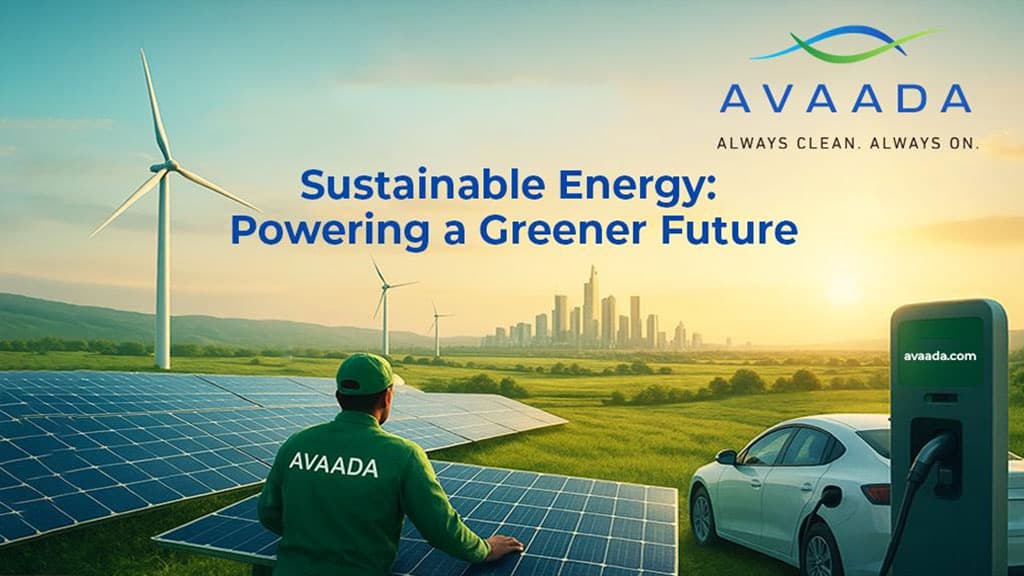The environment around us is deteriorating. As per a recent report by the United Nations, most days in 2023 had an average temperature above 1.5 degrees Celsius. With the rate at which the emissions are increasing, the world must gear up to brace for a 3-degree rise in temperature by 2030. While there are concerted efforts to reverse the damage, people need to do more than ever if we must avoid catastrophes that threaten humanity’s existence on the planet.
The Role of Individuals
The question is, can we make a change as an individual? Do we have the resources to do so? The resounding answer is a ‘Yes’. In our journey towards a more sustainable future, every step counts, and every decision matters. As the founder of a sustainable energy company, I have witnessed first-hand the transformative power of individual actions by many transforming into collective action, which can compel mightiest to bend.
As individuals, we wield immense power through our choices. By opting for products from brands committed to renewable energy and sustainable practices, we send a clear message about the values we want to see globally. Reducing our consumption, reusing what we have, and recycling whenever possible are simple yet effective steps each of us can take to contribute to a larger cultural shift towards sustainability.
Let me also share a recent example of reflection on my habits. Recently, I learned of a startling fact: producing a single T-shirt requires 2,700 litres of water—enough to sustain one person for 900 days. This revelation was a wake-up call, prompting me to reassess my consumption habits and the broader implications of our everyday choices. It vividly illustrates the hidden costs of consumption, underscoring the critical need for us to shift towards more sustainable practices in every facet of our lives.
This awakening aligns with Prime Minister Narendra Modi’s vision of ‘Lifestyle for Environment (LiFE),’ advocating for a harmonious coexistence with nature through mindful and deliberate choices. It is a vision that transcends borders, urging us all to adopt a lifestyle that prioritizes the well-being of our planet.
The Power of Collective Action
The journey towards sustainability is a collective one that starts from individuals and transforms into adoption by communities and corporations. It is about creating a new normal where environmental consciousness is woven into the fabric of our society.
A recent movement within the yoga community offers a compelling case study of the power of collective action, which an awakened individual interestingly started. Thousands of yoga instructors and students have rallied to urge a renowned apparel brand to align its operations with its environmental rhetoric, demanding a transition to 100% renewable energy in its supply chain. This initiative reflects a growing consciousness among consumers and communities, driving brands to adopt practices that respect and nurture our environment.
Bridging the Gap
Despite the promising strides made by some, the gap between sustainability rhetoric and real-world practices remains a significant challenge. The apparel industry, for example, is not doing enough for its environmental impact, with many brands struggling to reconcile rapid growth with sustainable practices. The case of the aforementioned apparel brand, which saw its emissions rise alongside its sales, underscores the complexities of achieving genuine sustainability in a globalized supply chain.
As we continue to navigate this path, let us remember the power of our collective action and the impact of our individual choices. Together, we can drive the change we wish to see in the world, fostering a culture of sustainability that honors and protects our planet for generations. Let this be our call to action: to live consciously, choose wisely, and advocate passionately for a sustainable future. The time for change is now and starts with each of us.









